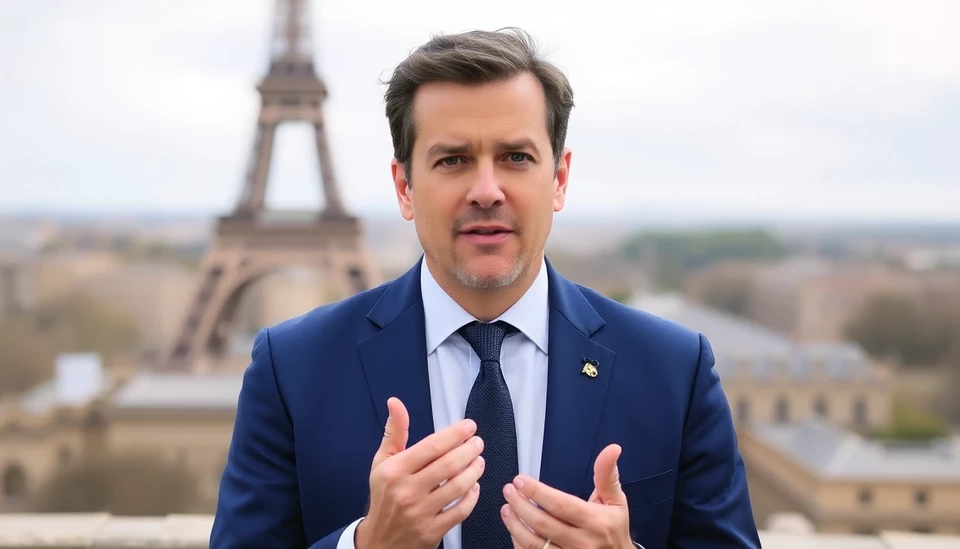
France is once again facing the contentious issue of pension reform as the country grapples with an impending funding gap projected to reach €15 billion by 2030. The government’s plans to minimize this deficit involve tackling the aging population's escalating demands on the pension system head-on. With public discontent simmering after previous reform attempts were met with widespread protests, the current administration is walking a delicate line in addressing this urgent financial challenge.
In the midst of this crisis, French Prime Minister Élisabeth Borne has proposed implementing a revised pension framework that aims to streamline benefits while also ensuring that those who are most vulnerable are protected. This plan comes as the government grapples not only with the looming deficit but also the social implications of reform, particularly in a country renowned for its strong workers' rights and robust social welfare programs.
To better understand the relevance of these reforms, one must consider that France's pension system currently serves nearly 14 million beneficiaries. A staggering 5 million individuals are anticipated to require additional support over the next decade, putting immense pressure on the already strained resources. The government argues that without significant adjustment, the long-term sustainability of the pension system could be at serious risk.
Critics of the proposed changes argue that any reductions in benefits could severely affect the elderly population, many of whom rely heavily on these pensions as their primary source of income. Social movements are gaining momentum, warning that any austerity measures will ignite a renewed wave of protests reminiscent of the 2019-2020 demonstrations that rocked the nation. The combination of public sentiment against austerity and the urgency of the financial situation presents a considerable challenge for the government.
As part of its plan, the administration is hosting a series of consultations designed to gather input from various stakeholders, including labor unions, business leaders, and civil society groups. This effort aims to foster a collaborative approach in tackling the pension issue while trying to diminish the polarization that has characterized past reform efforts.
Furthermore, Borne's government has emphasized that the changes would not affect those already retired or those nearing retirement. Instead, the reforms are intended to apply primarily to future retirees, which the government hopes will mitigate backlash from the electorate. Nevertheless, the underlying tension remains, as many citizens are wary of governmental assurances based on prior experiences.
The road to reform will likely be fraught with political obstacles. Already, opposition parties are uniting to challenge the proposed alterations, framing them as an attack on the social fabric of the nation. French labor unions are poised for action, with strikes and protests looming on the horizon, underscoring the stakes involved in navigating this minefield of public sentiment and fiscal necessity.
In conclusion, the French government is poised at a critical juncture, with the need for pension reform becoming more pressing in the face of an undeniable funding gap. How effectively the administration can engage with the public and labor stakeholders in the forthcoming discussions will shape the future of France’s pension system, as well as the prospects for stability and social cohesion across the nation.
#France #PensionReform #FundingGap #SocialWelfare #Protests #Government #ÉlisabethBorne #LaborUnions #PublicSentiment #PoliticalChallenge
Author: Daniel Foster




